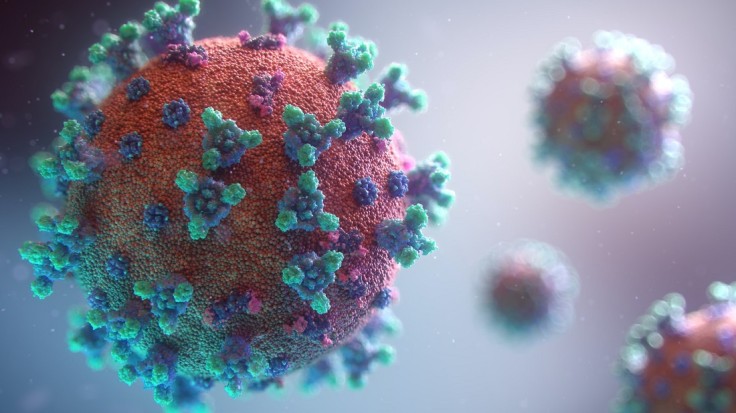On August 17, health officials announced that California has its first case of bubonic plague. It is the first to happen in five years. El Dorado County officials stated in a press release that someone tested positive. Now, the patient is staying at home under medical care.
Dr. Nancy Williams, El Dorado County Public Health Officer, shared her idea about the plague. She said that human cases are very rare but they can be very serious. She noted that the illness is present in many parts of California. Many people would like to know whether coronavirus and bubonic plague are similar. Read on to find out how the two diseases compare.
Plague is very rare
During the 14th century, the Bubonic plague or "black death" has wiped out 30 to 50 percent of the European population. Now, it is less common. The CDC said that there is an average of seven cases in the US per year in recent decades. On the other hand, the COVID-19 has infected more than 21 million around the world as of August 18.
See also: Air Pollution Increases Risks of Stroke, Study Proves
How they are transmitted?
Chairman of medicine at NYU Winthrop Hospital, Bruce Polsky, MD, told Health that the plague is a bacterial "zoonotic infection." It affects domestic and wild animals. Flea bites mostly transmit the bacteria to humans, using them as incidental hosts. The illness could also be transferred through cat bites or scratches. In third world countries, people could transmit the disease to other people too. COVID-19, on the other hand, is a viral infection transferred from person-to-person, either through physical contact or respiratory droplets from a sick person.

Do they have the same symptoms?
Plague symptoms usually appear within one week of exposure. Dr. Bailey said that they include fever, headache, and tender swollen lymph nodes near the bitten area. The most common symptom of coronavirus is fever. Other symptoms include dry cough, shortness of breath, and sore eyes. Others also get skin rashes, loss of taste or smell, and diarrhea.
See also: Combined Oral Contraceptive Pills Offer Protections Against Coronavirus, Study Proves
How they are treated?
Dr. Polsky said that the bubonic plague is pretty easy to treat nowadays. People with the disease should take antibiotics, as advised by the CDC. Dr. Bailey noted that people who were in close contact with the sick should also take the same treatments.
COVID-19 patients who have mild symptoms should take OTC drugs to ease pains and reduce fever. Those who have severe symptoms should seek medical care.
See also: Laughter facts: Even smiling absorbs stress, study proves
What are the potential complications?
The bacteria that cause the plague could cause more serious diseases like pneumonia and meningitis. Dr. Bailey explained that the most serious complications could arise from pneumonic plague and septicemic plague.
People with underlying medical conditions and older adults are more at risk of having complications from COVID-19. They could have pneumonia, blood clots, and septic shock. Apart from that, they could also suffer from acute respiratory failure and distress syndrome.